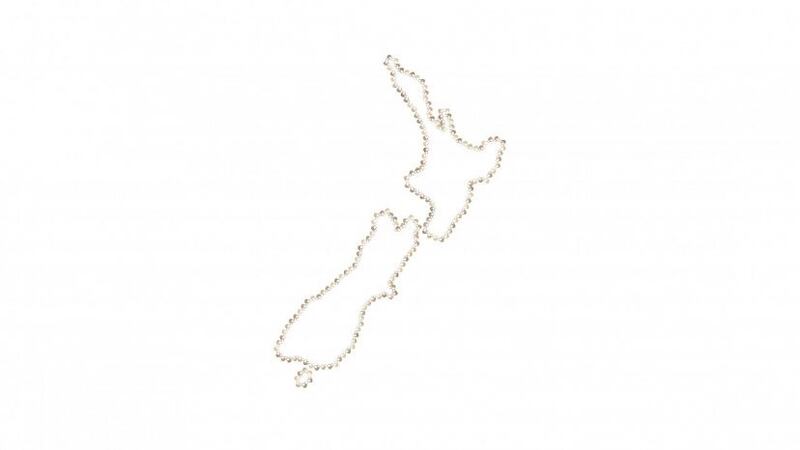The Whole Truth: Covid-19 Vaccination
International research shows people with compromised immune systems could have a weaker immune response to vaccination. That leaves them potentially less protected if the borders were to open and Covid-19 were to slide in.
It’s no coincidence that these are also among the people most likely to get very sick or die from Covid-19.
Pharmac figures show 29,183 Kiwis take drugs that suppress their immune systems. They could range from patients with rheumatoid arthritis to those with blood cancers and organ transplants.
There’s no suggestion the vaccine is unsafe in those with sluggish immune systems. But it might not work as well.
Vaccines work by training the immune system to identify and fight off invaders. But if your immune system isn’t operating at full power, the fighting army kicked into action by the jab is likely to be diminished.
A study of 658 organ transplant patients who received the Pfizer or Moderna mRNA vaccines found only 15 per cent had a positive antibody response after the first dose. Even after two doses, almost half (46 per cent) still had no antibody response.
Studies of blood cancer patients have also found low antibody responses. Exactly what that means is harder to unpick, as no one knows what the threshold is to provide protection against Covid-19.
Experts say rheumatoid arthritis patients taking rituximab should be able to maximise their response by timing their vaccine 4-6 months after their drug treatment. And cancer patients having chemotherapy for solid tumours have a lower response to the first vaccine dose, but that nears normal after the second dose.
Experts say it’s doubly important for immune-compromised patients to still be immunised, because they’re at higher risk from Covid-19, and some protection is better than none. An extra dose could also be used to bump up immunity.
Research suggests even lower antibody levels could help protect against severe disease. But that’s not an option for kids, because the vaccine is not yet approved for under-12s.
While children are generally at lower risk from Covid-19, they’re not exempt from immune system problems. Kids still get leukaemia and organ transplants, which require them to take immunosuppressant drugs to prevent rejection.
The best hope for all those with low immune responses to get full protection against Covid-19 is for 80-90 per cent of Kiwis to get vaccinated. Modellers estimate that threshold should provide population immunity - a cocoon of protection to keep the virus out.
As kidney specialist, Professor Rob Walker, says: “Get vaccinated. It's a no-brainer because it's not only protecting yourself, it's protecting everybody else... If you're not vaccinated and you get Covid, you're going to spread it rapidly to everybody else.
"Protect yourself and your whānau. Don't be selfish.”
Reporting disclosure statement: This article was reviewed by The Whole Truth: Covid-19 Vaccination expert panel member, Professor David Murdoch.


